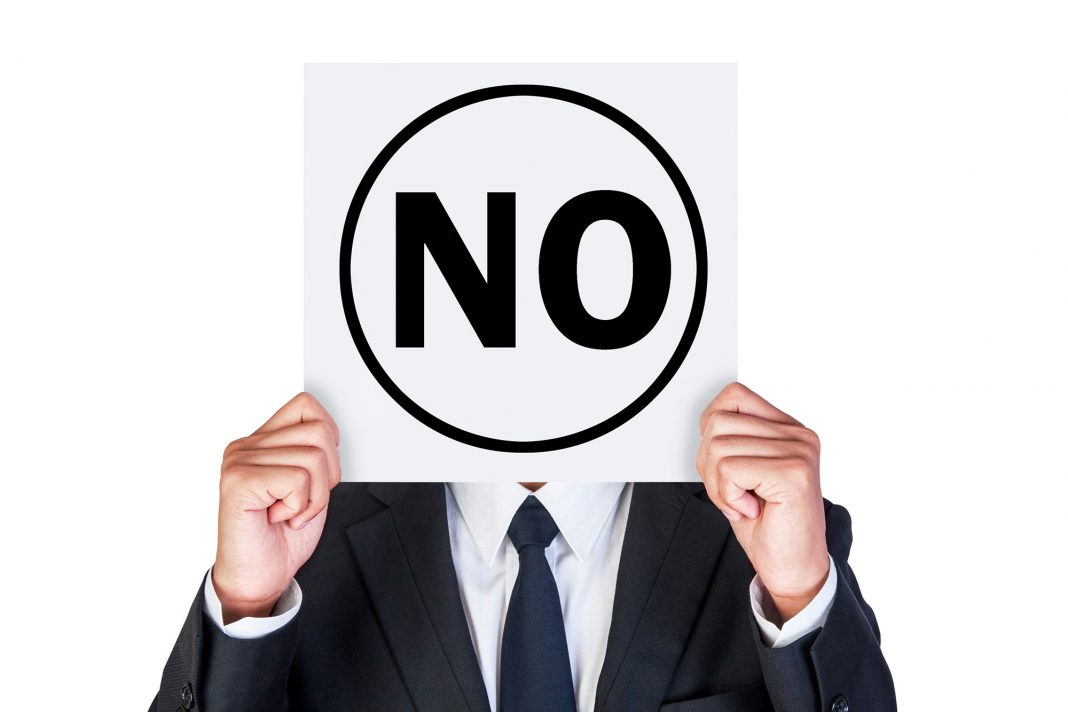The Power of being able to say “No”
“The difference between successful people and very successful people is that very successful people say no to almost everything.”
“No” is a control word that holds a lot of power. When we use it, we’re in control. When we don’t, we’re open to the control of others.
Have you ever noticed that many successful people have no issue in saying “no”? They do it politely and they do it and do it often. It doesn’t mean that they are letting people down or being rude, they are just accepting to themselves and to others that some things are just not right to do at that time.
Saying “no” protects our time, our efforts and sometimes even our money. When we say “yes”, or even “maybe”, it can mean that you end up restricting yourself on all three. If you’re a person who feels obliged to say “yes” to nearly any request for help from nearly anyone—you might be your own worst enemy.
Saying “no” takes practice if you’re not used to it, so here are 3 tips which you may find useful:
-
Give yourself permission to say “no”
Everything that we do comes down the choices that we make. Whether we say “yes” or “no”, is our choice. So regardless of who you are speaking to and what the situation is, you have the right to say “no”.
The only reason why we may feel that we don’t have that right is because we choose to surrender it to others.
So next time that you feel that you can’t say “no”, realize that it’s your choice if you say “yes” because perhaps you’re unwilling to deal with the consequences of saying no.
-
Know your priorities and be kind to yourself
By saying “yes” you may think that you’re helping others but how are you helping yourself? You need to learn how to be kind to yourself in order to be kind to others.
Putting your needs first doesn’t mean you’re being selfish. Think about your priorities and what the effect of saying “yes” will have on them. If you prioritise someone else’s needs over your own, your productivity may suffer and you may start to feel resentment.
Many of us want to help out others and support them but if the personal cost of saying yes is too great, either morally or logistically, it’s okay to say “no”.
-
Be direct and keep it simple
There is no need to lie or over explain by making detailed or many excuses as this will weaken your response. Simply say “no” and give the key reason why. The less said the better.
Your response can be given in a gentle yet direct way. You may start of using phrases such as, “I really can’t because…” or “At this time, I won’t be able to because…” or “I wish I could, the timing is bad because….” Just don’t add the word “but” because as they say “Everything before ‘BUT’ is Bul****t”. So avoid phases like “I’m really sorry but….”
